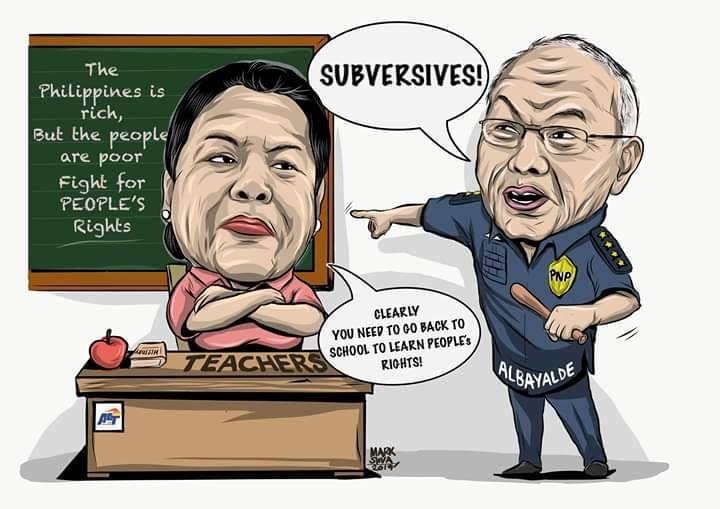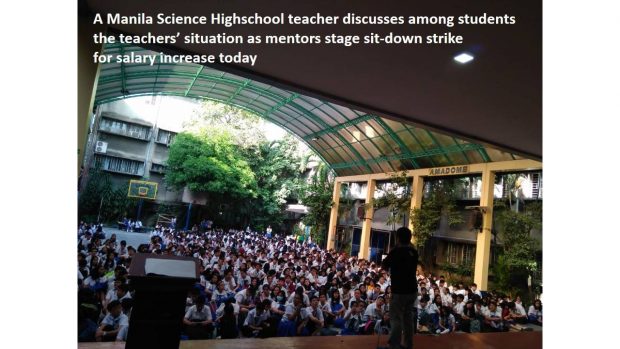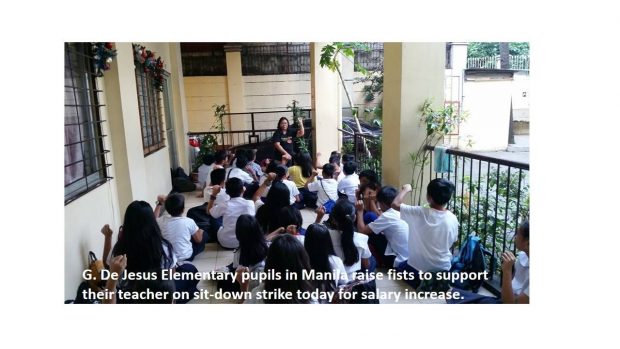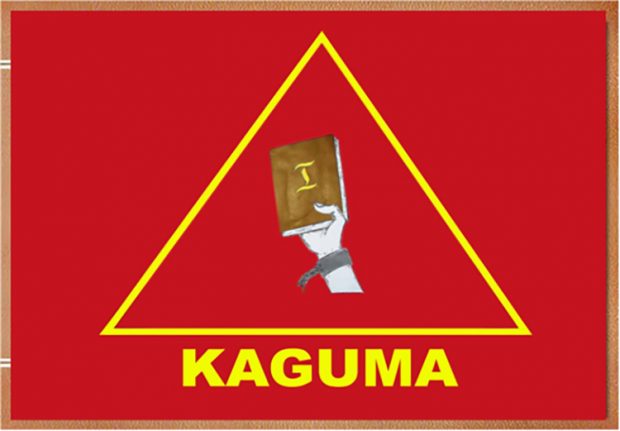Teachers’ plaint
By Luis V. Teodoro
Teaching is not about money but about public service, Education Secretary Leonor Briones told her constituents [at the start of the new school year last month].
She was right — at least about the public service part.
Teaching is also a job and not volunteer work. One has to have certain qualifications to teach, in exchange for which the successful applicant correctly expects to be justly compensated. Doing a public service job to get which one has to have a college degree and pass a government examination means getting paid for it. Briones and her fellow bureaucrats themselves are at the very least as much for the money as for the opportunity to serve the public, and it is simply not fair to expect teachers not to demand that they be paid fairly for the work they do.
Briones was nevertheless implying that teachers are in the profession only for the money. Adding insult to injury, she went on to say that the teachers of Bacoor High School’s converting a toilet rather than one of their laboratories into a faculty room was intended for “dramatic” effect. Their own principal disparaged those teachers by saying they don’t need a faculty room to rest in, in apparent ignorance of the fact that such facilities are not for rest, but for providing teachers the opportunity to discuss academic issues among themselves and to learn from each other.

Briones, whom one media report said has taken a “hands off” stance on the issue, was responding to questions on the demand of public school teachers for salary increases, which they’ve been asking for, and have been denied, for years. Numbering 800,000 nationally, public school teachers comprise the largest group of employees in government service. But even their number and the fact that by law, education gets the largest allocation in the budget annually, have not benefited them much.
Then President Benigno Aquino III did raise through Executive Order 201 the salaries of civilian and military government employees in 2016 before his term ended. But what teachers received was only a very small 11.9 percent of their then salaries compared to the 233 percent increase in the pay of the President of the Philippines. As most Filipinos know by now, the P20,500 per month most teachers are still getting today is barely enough to support their families because of the huge increases in the inflation rate since 2017. Despite the lip service politicians paid teachers during the last mid- term elections, education is not their first priority. Keeping themselves in power is — hence policemen and soldiers’ being paid twice the salaries teachers make.
Compared to 2016, the salaries teachers receive can purchase today even less of the goods and services they need to live with some dignity and freedom from worrying where to get the money for junior’s college tuition, or the hubby’s prostate operation. And yet as financially troubled as many are, some teachers provide out of their own shallow pockets the chalk, pencils, paper and other needs of their charges government cannot always provide, while they cope with the daily horrors of overcrowded classes, makeshift classrooms and even the lack of such basic instructional necessities. Some teach hundreds of students in as many as three shifts a day. Others even provide their poor students the nutritious food their parents can’t afford.
Teaching may be a public service, but the compensation teachers receive is hardly commensurate to the multiplicity of tasks they are called upon to perform. Those tasks include not only teaching a multitude of subjects and being at the forefront of the national imperative of making every Filipino at least literate and numerate. They also have to entertain their superiors when these visit their schools, perform election duties every three years, and be model citizens for the entire community.
But the most crucial teacher’s task of all is that of awakening the love of and respect for learning among the young, in preparation for their assuming the roles of leaders, citizens, professionals and productive members of society. But no administration seems to have recognized this enough to provide teachers, most of whom are surviving from pay check to pay check and are heavily indebted, the salaries that that mandate demands.
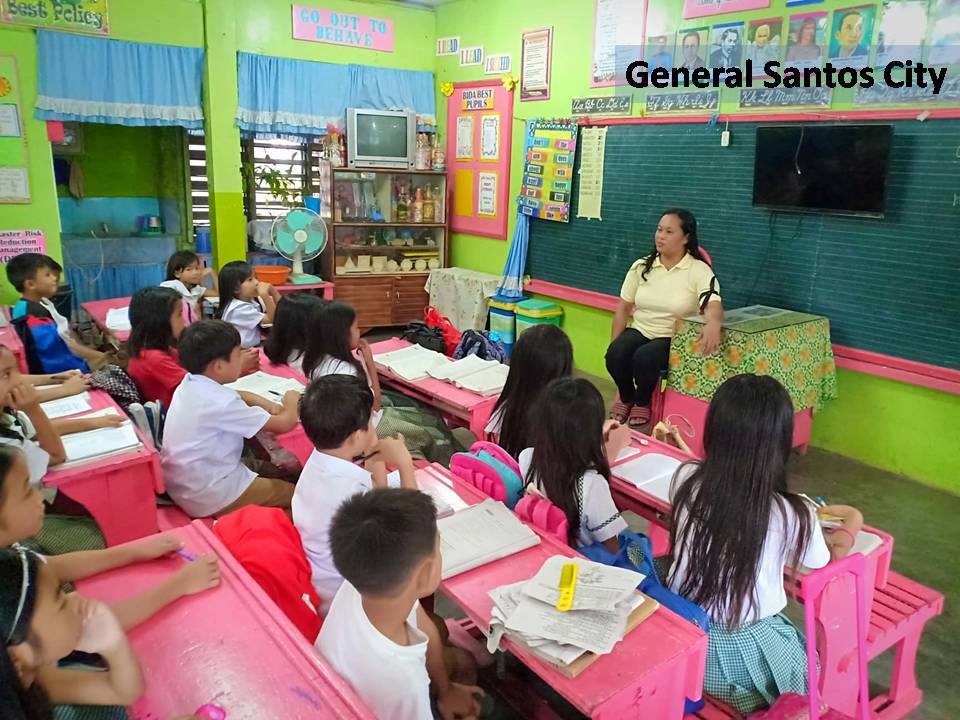
Then Davao City Mayor Rodrigo Duterte did promise to raise teachers’ salaries in 2015 when he was thinking of running for President. He has since promised it eight more times since he came to power, but it hasn’t happened. Instead he’s raised the salaries of police and military personnel without any prodding, apparently because he thinks them the guarantors of his remaining in office until 2022 – or even beyond, should plans to trash the current Constitution and to replace it with one more to his and his accomplices’ liking materialize.
In addition to teachers’ being overworked and underpaid, the police and military establishments that Mr. Duterte so obviously favors have even red-baited the biggest teachers’ organization in the Philippines, the Alliance of Concerned Teachers (ACT). The Director General of the Philippine National Police himself challenged ACT members to prove they’re not in a Communist Party of the Philippines “front,” and even tried to prevent their serving as members of the Board of Election Inspectors during the last elections.
The inevitable conclusion one can draw from all these is that, focused as it is on the preservation of personal, familial and class interests, like its predecessors the current regime not only has education as a last priority. Although its bureaucrats can hardly articulate that thought, teaching is also thought to be a threat because teachers preside over the first encounter with learning and knowledge of the country’s young. In the minds of this benighted country’s ruling elite it can mean arming the next generations with such nonsense as the need for change and even revolution.
Not that that is an entirely mistaken view. As seemingly hackneyed as the cliches “Knowledge is Power” and “The Truth Shall Set You Free” are, they do say something that all human history and experience have demonstrated is true enough. Knowledge is indeed empowering: it provides people the understanding of their political, social and economic environments that can enable them to intelligently evaluate, and if necessary change them. By providing men and women the intellectual means to shape their own destiny and the society they live in, the truth liberates them from the vagaries of chance and the shackles of ignorance.
In the 1950s, in response to McCarthyite persecution of universities in the United States, rather than deny their commitment to change, progressive academics affirmed the imperative for true higher learning to question the political, economic and social structures of their time. The capacity to do that is ideally implanted in the brains of the very young when they enter the educational system, and through the teachers who first introduce them to the world of learning, whether the ABCs, arithmetic, literature, geography or any other field of knowledge.
In their heart of hearts the rulers of this sorry land know how dangerous to them —and to injustice, inequality, poverty and mass misery — true knowledge can be. Keeping teachers disadvantaged and indebted while pampering the police and military is only one of the ways through which they protect the unjust order that for far too long has kept them in riches and power.
Also published in BusinessWorld.

